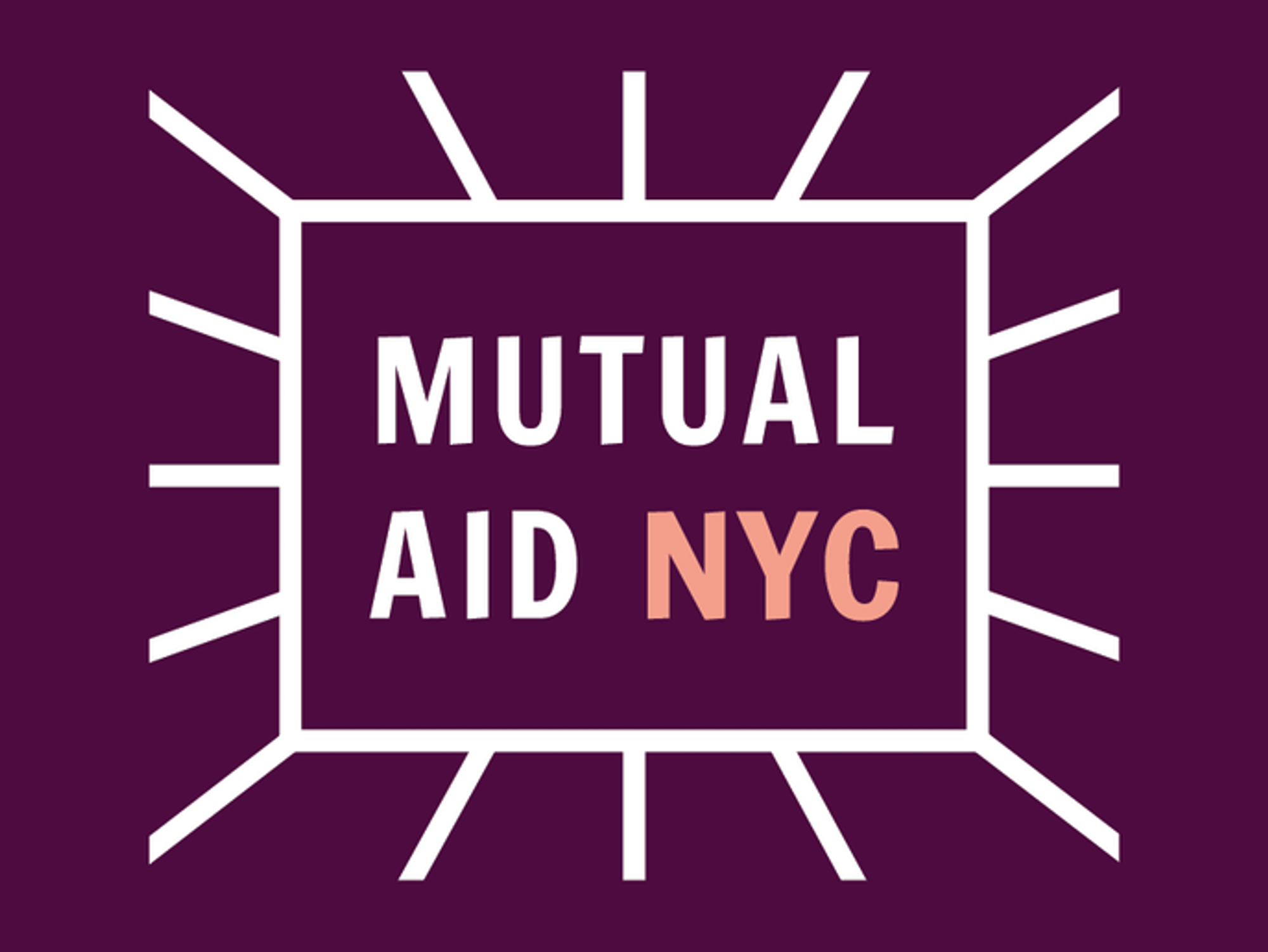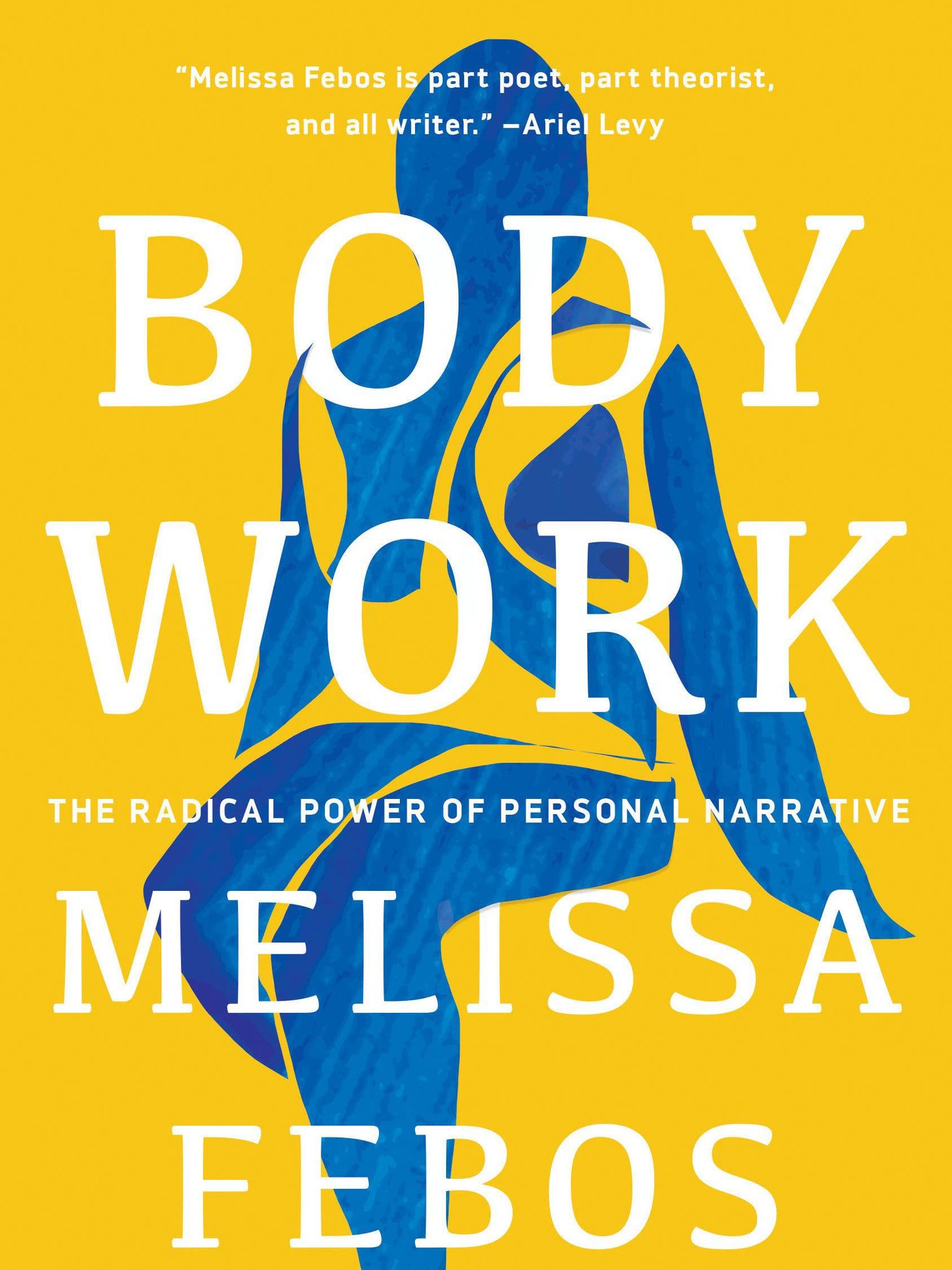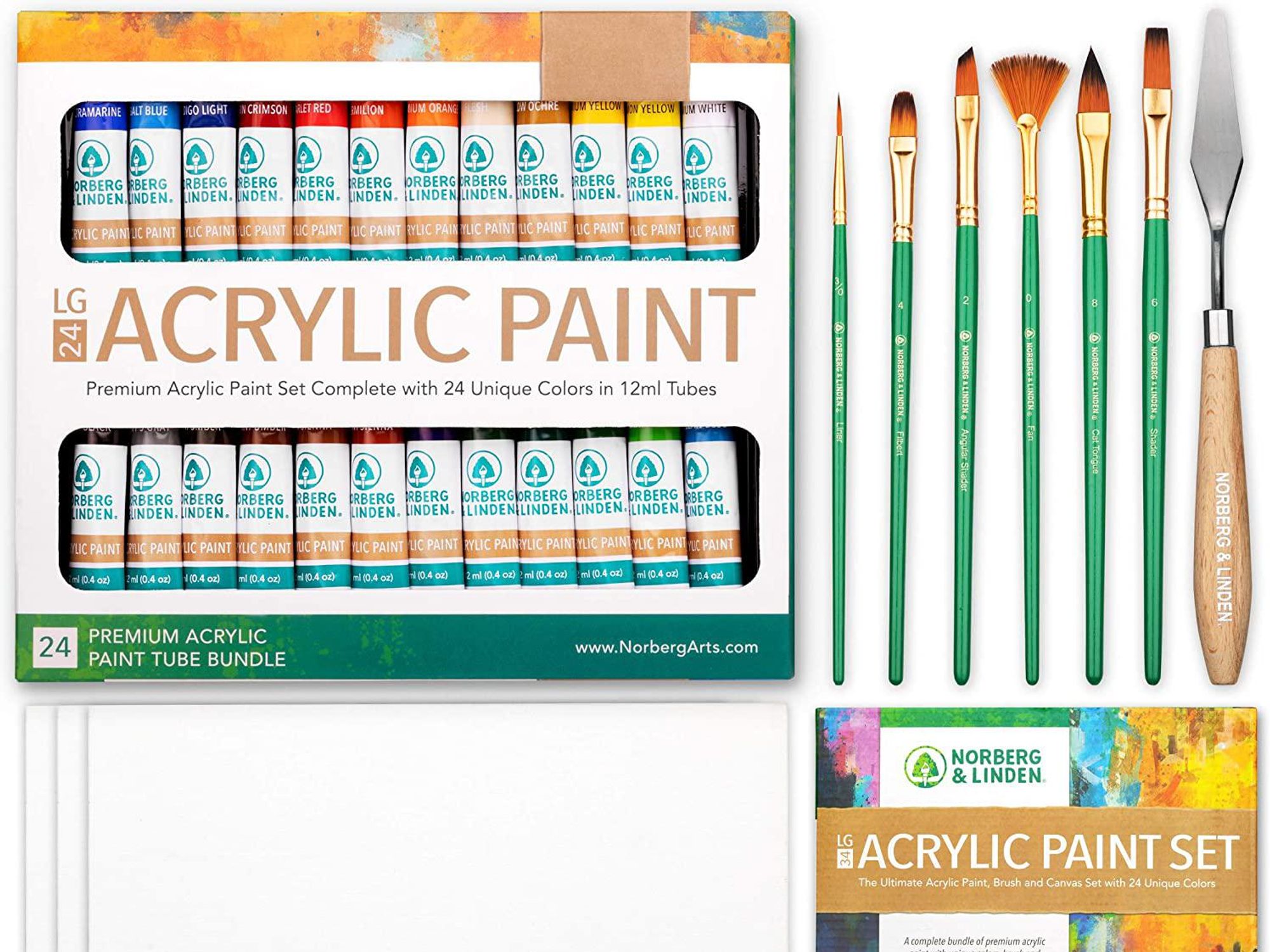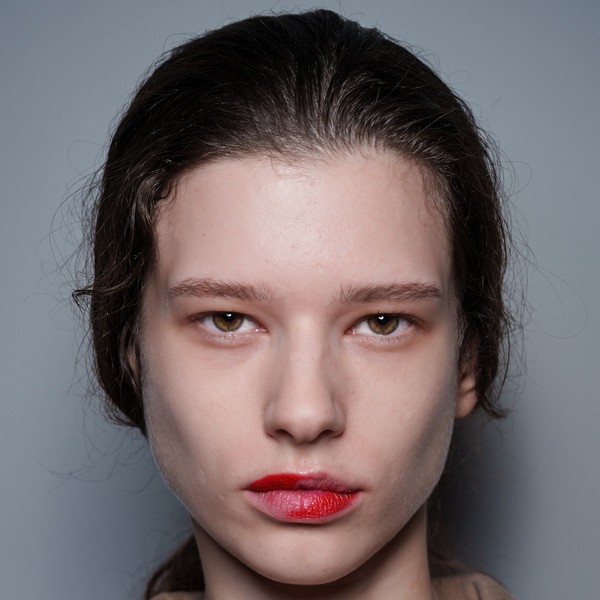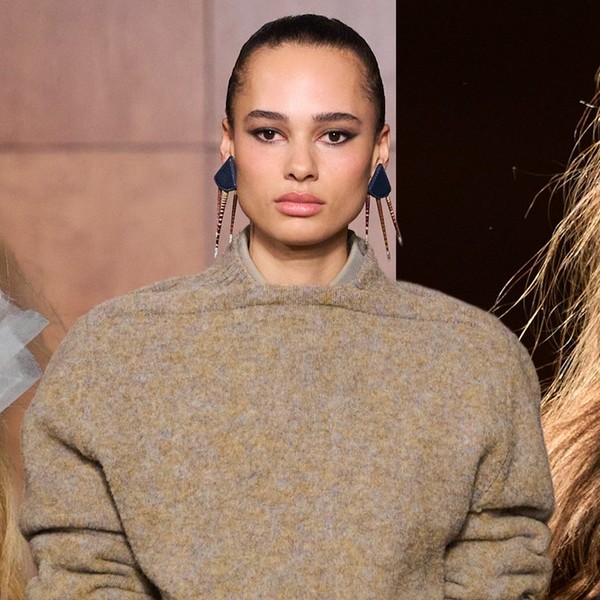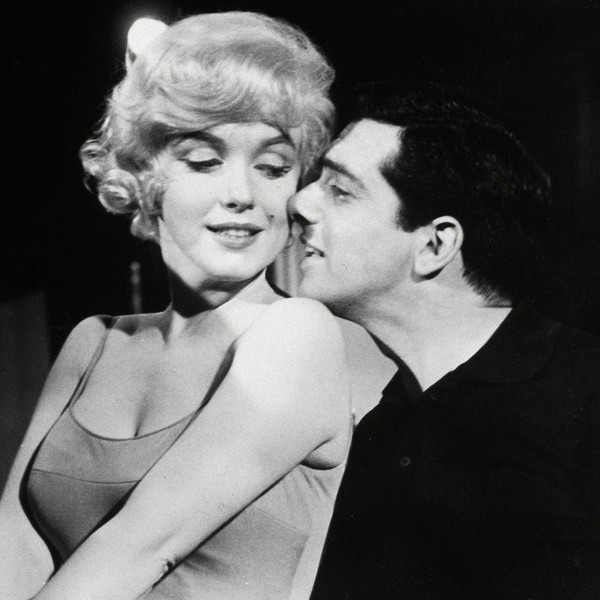Kendra Austin on the Difference Between Self-Trust and Confidence
“It’s so easy to prey on insecurity and call it the pursuit of confidence.”
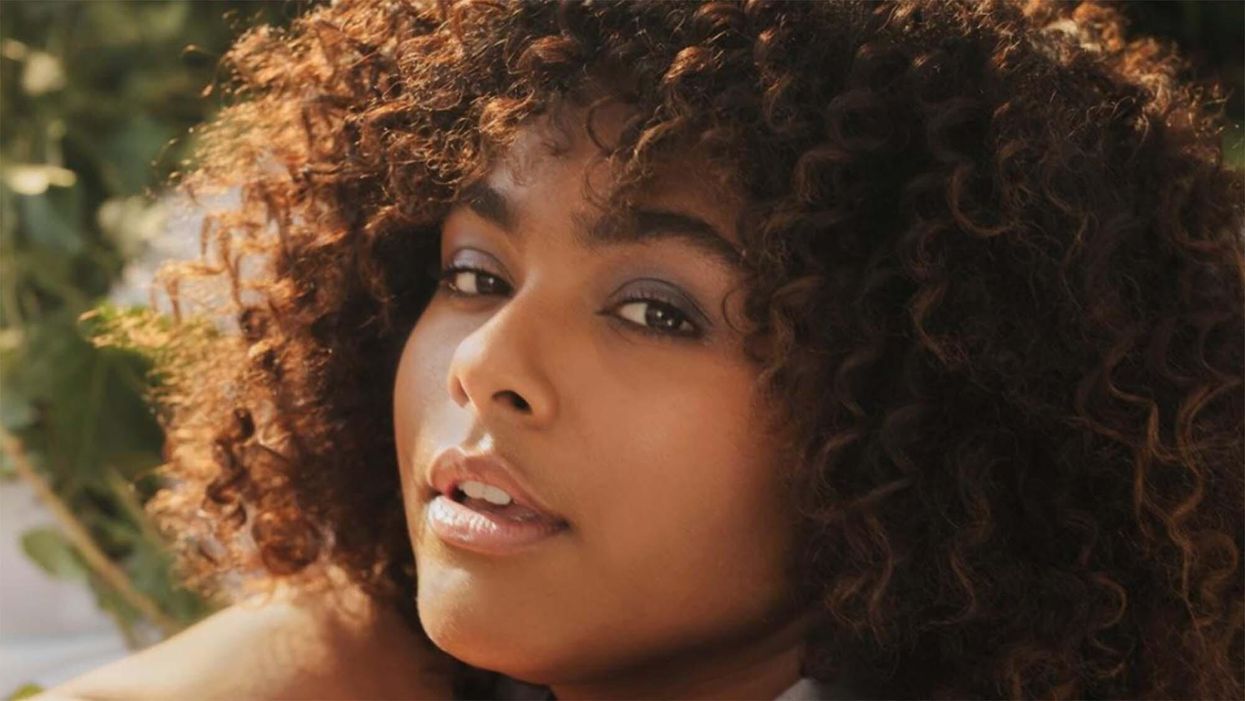
Welcome to The Simple Things, a wellness franchise dedicated to the routines and rituals that bring a sense of well-being to our daily lives. As the name implies, sometimes it’s not about making seismic shifts in our day-to-day—simple actions can be just as impactful for ourselves and for those in our community.
This week, we’re chatting with writer and content creator Kendra Austin, who also runs the Substack newsletter Come Home, about why she’s a fierce hobbyist, the therapy session that changed her life, and more.
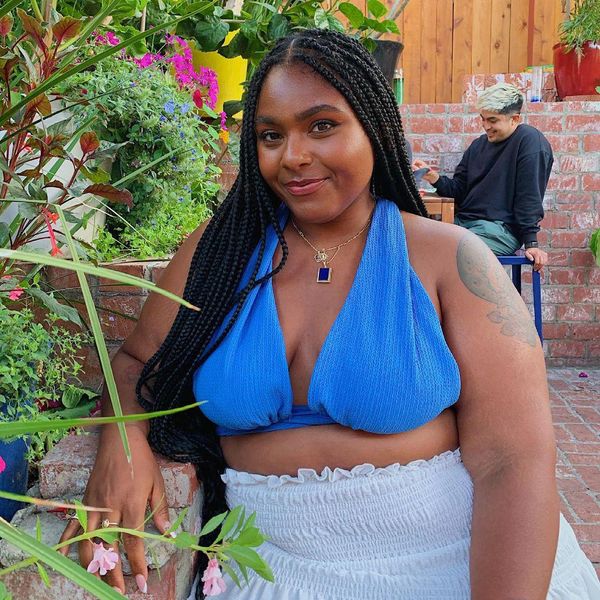
Photo: Courtesy of Kendra Austin
I know you’re writing an essay collection. How has that process been for you?
"Writing memoir is like excavation; it’s cracking yourself open and dredging up trauma for no reason. But it’s been such a beautiful process because I feel like it ushered into my life a lot of writers who also write memoir right before Substack reached out to me about starting a newsletter. And after three months of publishing the newsletter, I got the book deal. I didn’t expect any of it, which is one of life’s greatest blessings and I’m super grateful for it. I just get to show up as myself."
Have you read Girlhood by Melissa Febos?
"I have. I also have an advanced copy of [her forthcoming book] Body Work and it’s one of the most transformational books I’ve ever read. She talks a lot about the power of personal narrative, why someone would memoir in the first place, and the ethics behind it all.
"There’s one thing she mentions in particular, which I think is so poignant, is how when you’re writing, you have this disparate experience where you’re both ‘a writer’ and ‘a person’. But, for the sake of being an artist, you have to commit to being ‘the writer’ and ‘the person’ has to leave the room, so you can tell the truth."
Right because if someone’s reading the piece and there’s a layer of artifice over the prose, they can tell.
"Exactly. I love that you referenced Girlhood because that was a key model in my memoir-writing process."
What I love about Girlhood especially is how she’s able to hone in on her personal experiences before zooming out and placing them into a larger societal framework.
"Definitely, and that’s what differentiates memoir from self-help, right? I want to do that as much as possible while also speaking my own truth and letting that be resonant enough for people to see themselves in it, which I think people already do. There’s kind of this expectation for Black women to be an ‘Oracle’ figure."
Do you feel pressure to fit into that role?
"Oh my God, so much, constantly. Which is why I try to share sad content, as well. I want people to see my fallibility; I want people to see the cracks and the fluidity and the spaces that I grant myself to be able to grow as a person."
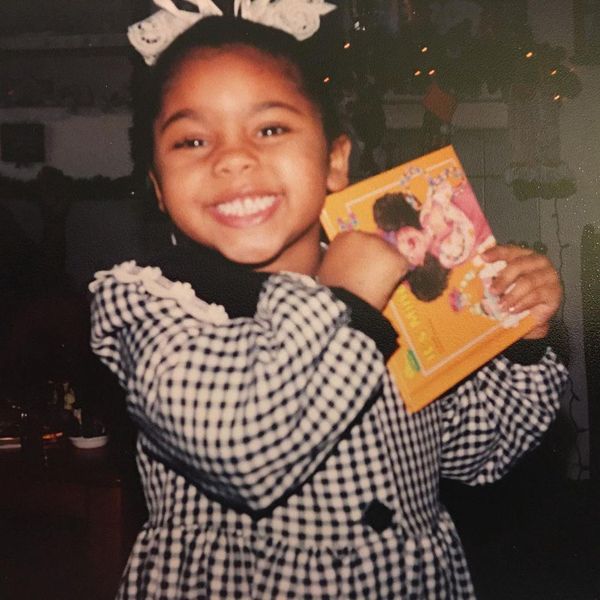
Photos: Courtesy of Kendra Austin
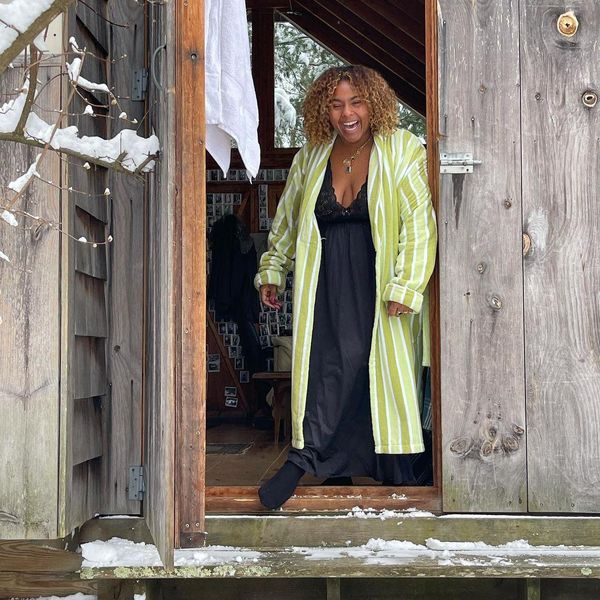
Just by reading your newsletter, it does seem like you’ve reached a point where other people’s expectations don’t affect how you view yourself.
"I’ve always had this impending doom of lost time and I think I feel a deep sadness for the time, minutes, moments, and opportunities I’ve lost in service of other people’s expectations. That’s not to say I’m not a human, like we all have our moments, but I don’t act on them anymore. I want to move through them. So when I’m writing through the lens of those experiences, I try to make the personal otherworldly and touch on identity and the realities of physical world resilience of being a fat, Black woman who lives in a world that doesn’t want to see me happy. I think that allows readers to imagine that their joy can exist alongside mine.
"I feel like the view you have on your life becomes much more expansive when you don’t have to think about those things. And that’s always been what I’ve tried to do with my art which is why spirituality, like going to therapy and doing shadow work, has always been a part of me."
Did that interest in spirituality start at a young age?
"Yes—my mom is an active Christian, but kind of secular in her worldview. She’s just always been deeply spiritual and very in-touch with her own intuition. I think witnessing how it helped her find her own pocket of peace was monumental for me."
I feel like a lot of women, especially women of color, are taught to question our instinct at a young age.
"Oh, absolutely. I think that intrinsic understanding that I can trust my intuition was a great foundation. I was also raised questioning tradition—like just because everyone else does something, does that mean that I have to do it? Does it make sense for me? That includes all traditions: intergenerational trauma that’s passed down, beauty standards, religious beliefs. And with questioning traditions, it’s important to remember that you won’t always find a black and white answer; you might find a gray and that’s a fine place to live.
"I think that allowed me to really seek God within myself and that work was channeled without having a god complex or without hubris because of the tools I have. I practice breath work, meditation, and daily gentle movement. I’m a fierce hobbyist."
I actually just read an article about how we all need hobbies that aren’t ‘side-hustles;’ that we should try new things for fun’s sake without trying to perfect a skill.
"I love it. I’m a fierce hobbyist for that reason: I want to face failure. I also make art for money and I want there to be parts of me where I’m creating just to create. I also think that’s a means of building self-trust while also creating community as an adult. I think my hobbies also make me feel stable, grounded, and excited for life."
What are some hobbies you’ve taken up?
"Right now, I’m really into pottery and I’ve also gotten into painting. I also take vocal coaching lessons once a week. I try to fill my life up, as much as I can, with things that feel like they’re just for me and that exploration feels nice.
"I think that's how I ended up doing what I do for work, you know? I’ve always known that I wouldn’t have a boss and that wasn’t about authority, power, or control, it was about freedom. I didn’t actually understand this when I made the decision because who knows what they’re doing when they’re in their early 20s.
"When I graduated college, I was pre-law; I’d studied philosophy and I intended to go to law school. But I just knew that wasn’t the right move for me, so I had this early-life crisis and I started going to therapy. And during my first session, my therapist looked at me and asked, ‘Who are you?’ and I listed jobs and internships I'd done. I listed roles to other people, like ‘friend’ or ‘sister’. I said, ‘I’m a college graduate’ and listed a bunch of other titles. And she responded, ‘That's a resume. That’s not a person.’
"I started sobbing; I was initially so angry that I got up and left. But from there I had to ask myself how much of what I did was because I felt like I needed to achieve prestige or meet familial expectations. So I had to sit with myself and ask myself, ‘Who am I?’ and figure out what I desired. And the first thing I ever actually wanted to be was an artist."
I read a newsletter this morning that talked about the cult of confidence on social media and the problems with telling women to “just be more confident.” I feel like the work you're doing still achieves that goal of confidence, or self-trust through a less image-based route.
"100 percent. I think I’ve always been what people label as ‘confident,’ but I believe confidence is of the ego and I think acceptance is truth. I think a lot of people on social media see themselves as brands and it’s so easy to prey on insecurity and call it the pursuit of confidence. I believe that’s your inner critic talking in a different way.
"I feel like, societally, we’ve retrained our inner critic to go from a place of self-hate—like telling ourselves we have to be thin or have straight hair—to a place where we’re eternally a project. That your self-confidence, self-care, and wellness are consistently a project and that you may never rest. You’re never in a place where you can just be."
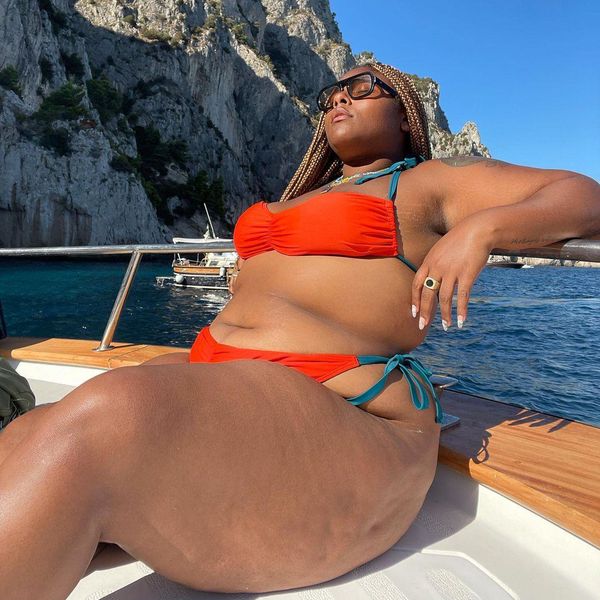
Photos: Courtesy of Kendra Austin
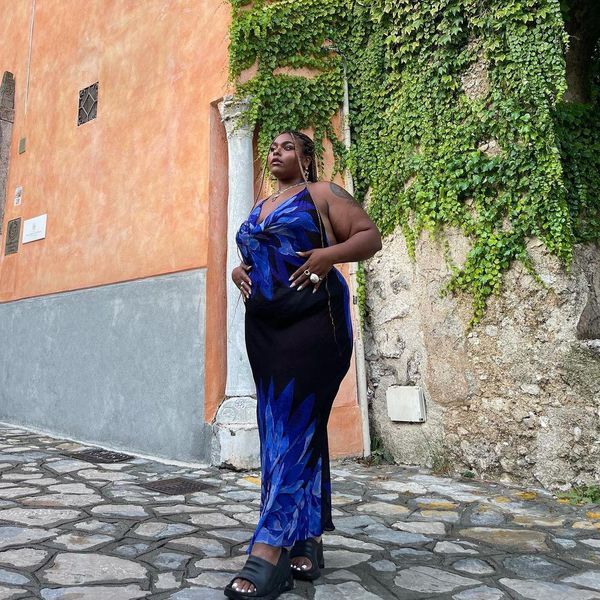
Right. I feel like true confidence is what we were talking about earlier, self-trust. There’s less emphasis on external validation.
"Exactly. It’s belief that what I’m doing is worth it regardless if someone is telling me yes. When you encourage people to do the true work of self-acceptance, you can look at yourself compassionately enough to where you recognize that you’re not going to buy into these systems anymore. And that’s where I feel like the personal becomes political; we have to learn to give ourselves tools that make us better citizens.
"Self-love every single day isn’t a reasonable goal; it’s impossible. Also, it’s not a definition of love I adhere to anymore. Love is as love does; it’s an act toward your well-being and well-being doesn’t mean pretending that a bath is going to solve your issues. Self-care is filling up your community fridge; self-care is mutual aid. It’s all these things that don’t necessarily look glamorous."
Kendra’s Wellness Picks
Photo: Courtesy of Sam Waxman
Want more stories like this?
Saweetie Has Never Felt More Free
How Pole Changed My Relationship With My Body
Megan Rapinoe On Why She’s Not Playing By The Rules

